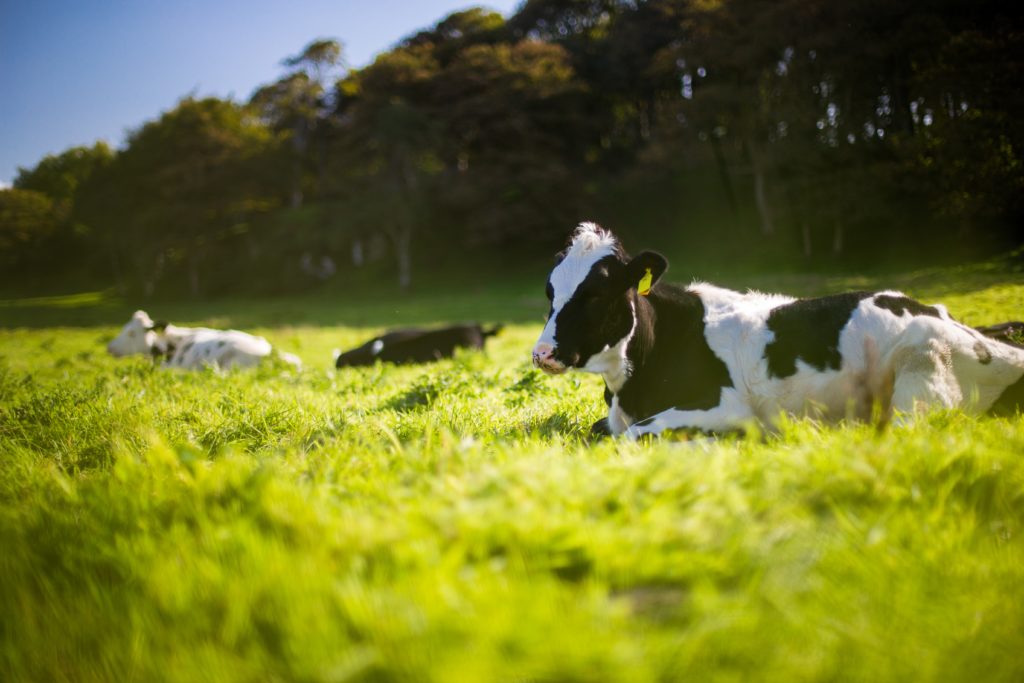B+LNZ is treating this outbreak extremely seriously and we’re urging farmers to implement on-farm biosecurity measures. There is comprehensive information on the MPI website.
While this production-limiting bacterial disease is mainly spread by direct contact between infected cattle and equipment, feeding raw milk from infected cows to calves is known to present a high risk of disease spread.
Rearers should try and minimise the number of farms milk is sourced from and consider using powdered milk to completely remove the risk of importing the disease this way – although this may prove impractical for many.
Farmers should also look at the health history of any herds they are sourcing calves from, particularly in respect to mastitis and lameness in cows and pneumonia and lameness in calves.
According to information from MPI, Mycoplasma bovis is not thought to be transmitted in urine and faeces and is not windborne or spread in running water. It is a disease that moves relatively slowly between farms and other animals cannot carry or transmit it.
Farmers should consider standard biosecurity advice to prevent their stock coming into nose-to-nose contact with neighbour’s cattle. This could be achieved by creating boundary fence buffer zones using electric out-riggers or a separate electric fence two metres back from the boundary.
B+LNZ urges farmers to clean and disinfect footwear, protective clothing and equipment of visitors working with their cattle.
Where possible limit cattle movements onto your farm and determine the health history of any cattle you are looking at buying or bringing onto your property.
This outbreak highlights the importance of keeping NAIT records and ensuring Animal Status Declarations are completed and retained.
While Mycoplasma bovis is a production limiting disease, it poses no threat to human health or food safety.
Fortunately, this disease is unlikely to impact on international trade as the disease is not a risk in animal products.
Every other country in the world has Mycoplasma bovis in their cattle herds. Evidence from overseas indicates this is unlikely to present a significant management problem for most farmers running extensive production systems.
Symptoms of Mycoplasma bovis include untreatable mastitis, abortions, swollen joints and severe arthritis or synovitis in cattle of all ages.
Infected calves may present with severe pneumonia – starting as a hacking cough, ear infections (starting with a droopy ear and progressing onto ear discharges and a head tilt) and conjunctivitis.
Anyone concerned about their stock should contact their vet or MPI on 0800 80 99 66.
If any of your friends, family, colleagues or neighbours are concerned, please urge them to contact us and we’ll make sure they are kept updated.
B+LNZ staff and directors area are also in regular contact with MPI, and assisting where we can. Please feel free to contact B+LNZ.
MPI is sending out regular updates on the situation. To receive the updates by email, contact MBovis2017_Liaison@mpi.govt.nz or you can find them on the MPI website or by calling MPI on 0800 00 83 33
We know issues like this can be stressful for farmers but there is support available if you need it. MPI has a welfare contact 027 447 4610 or email: mbwellbeing@asurequality.com.
The Rural Support Trust is also here to help, and B+LNZ supports and endorses their work. You can contact the RST at 0800 787 254.
Article sourced from https://beeflambnz.com



